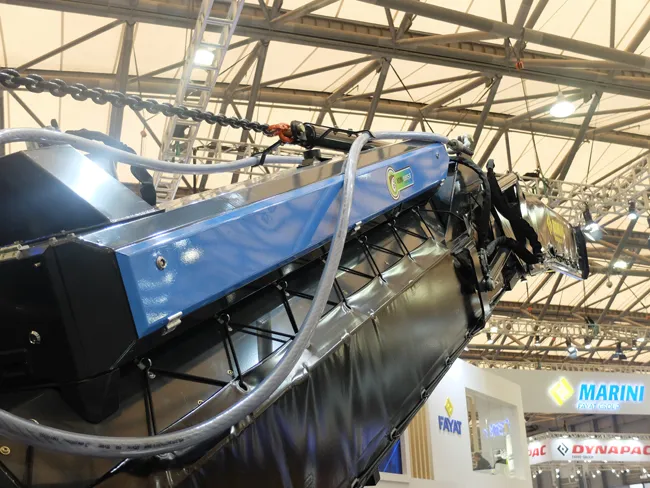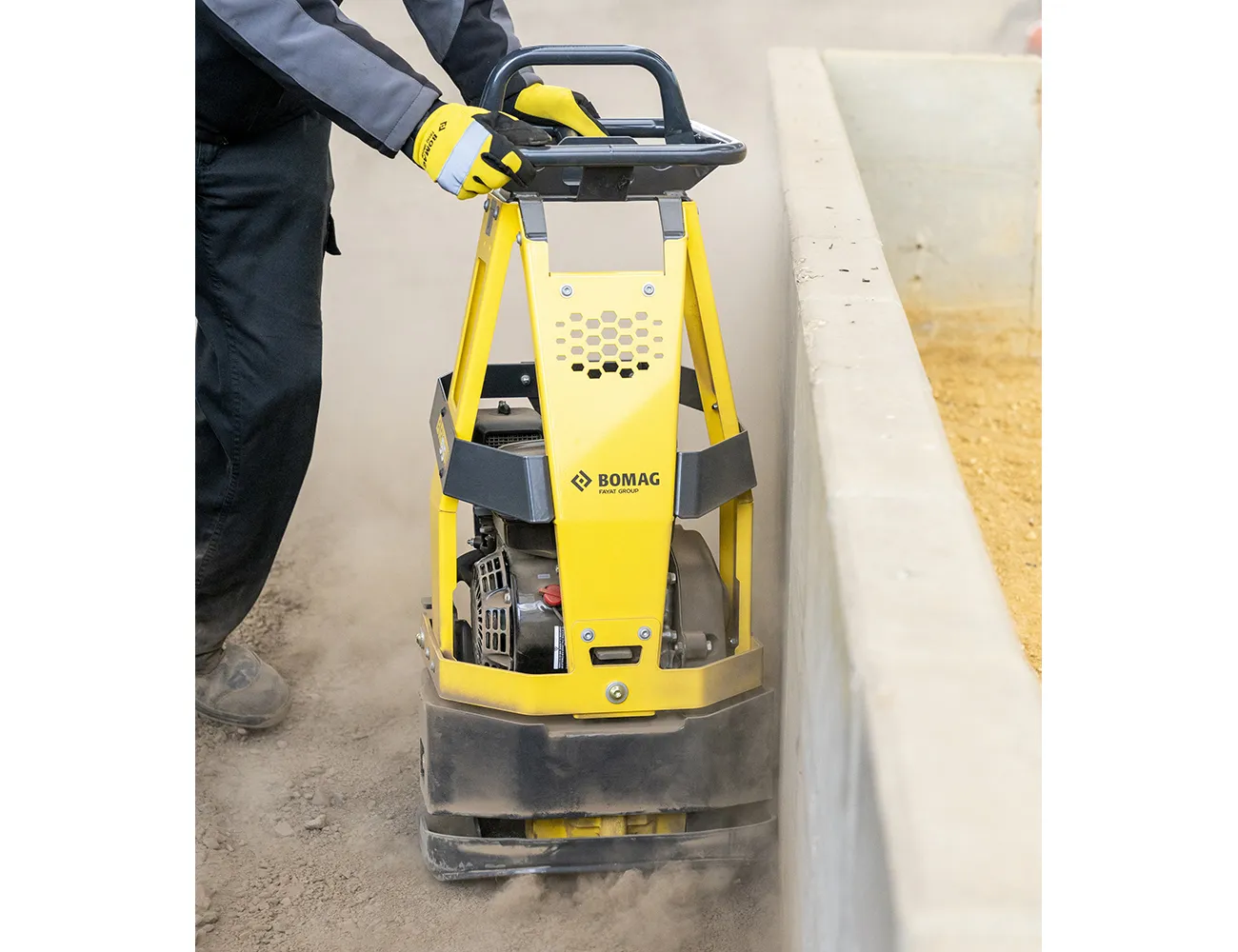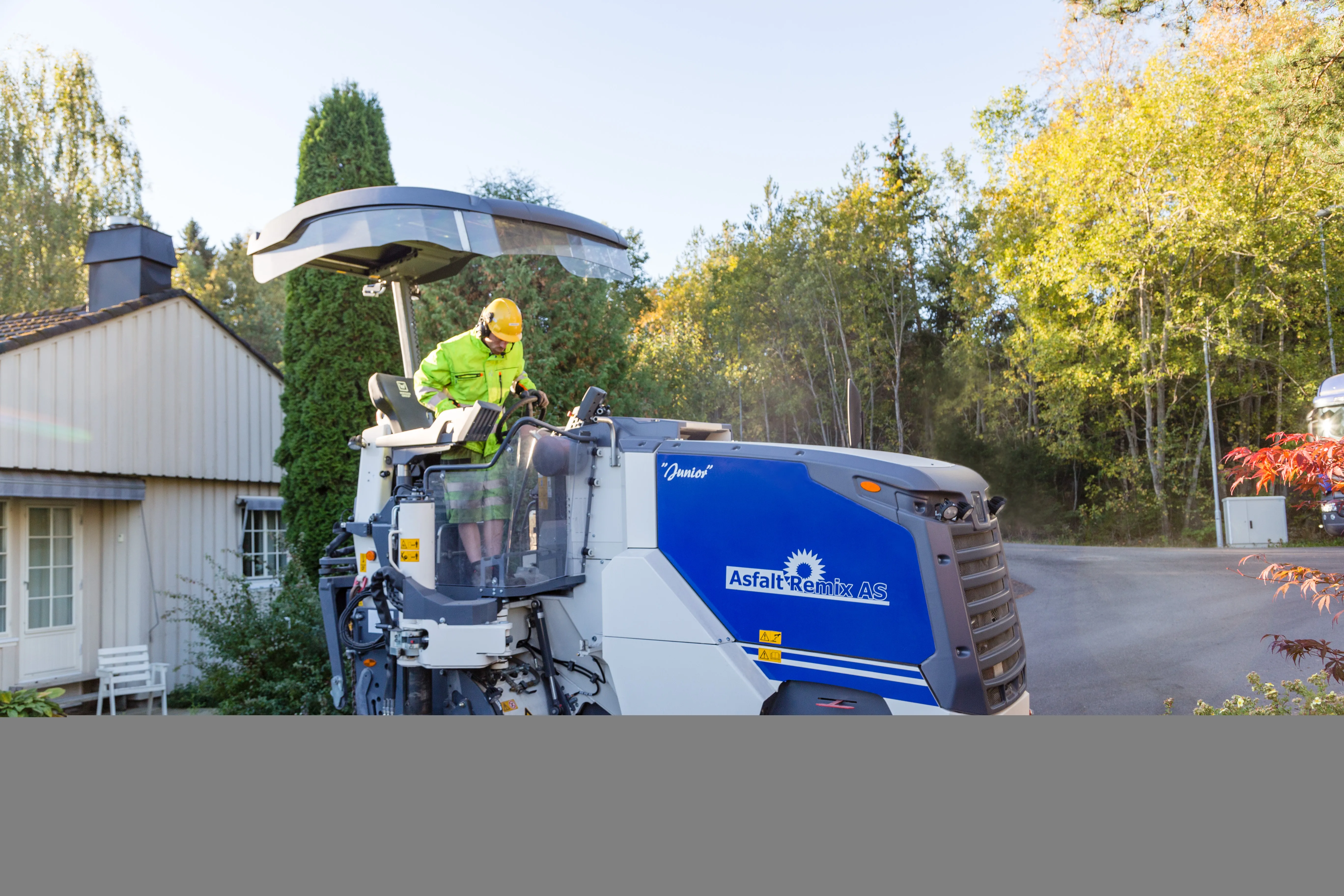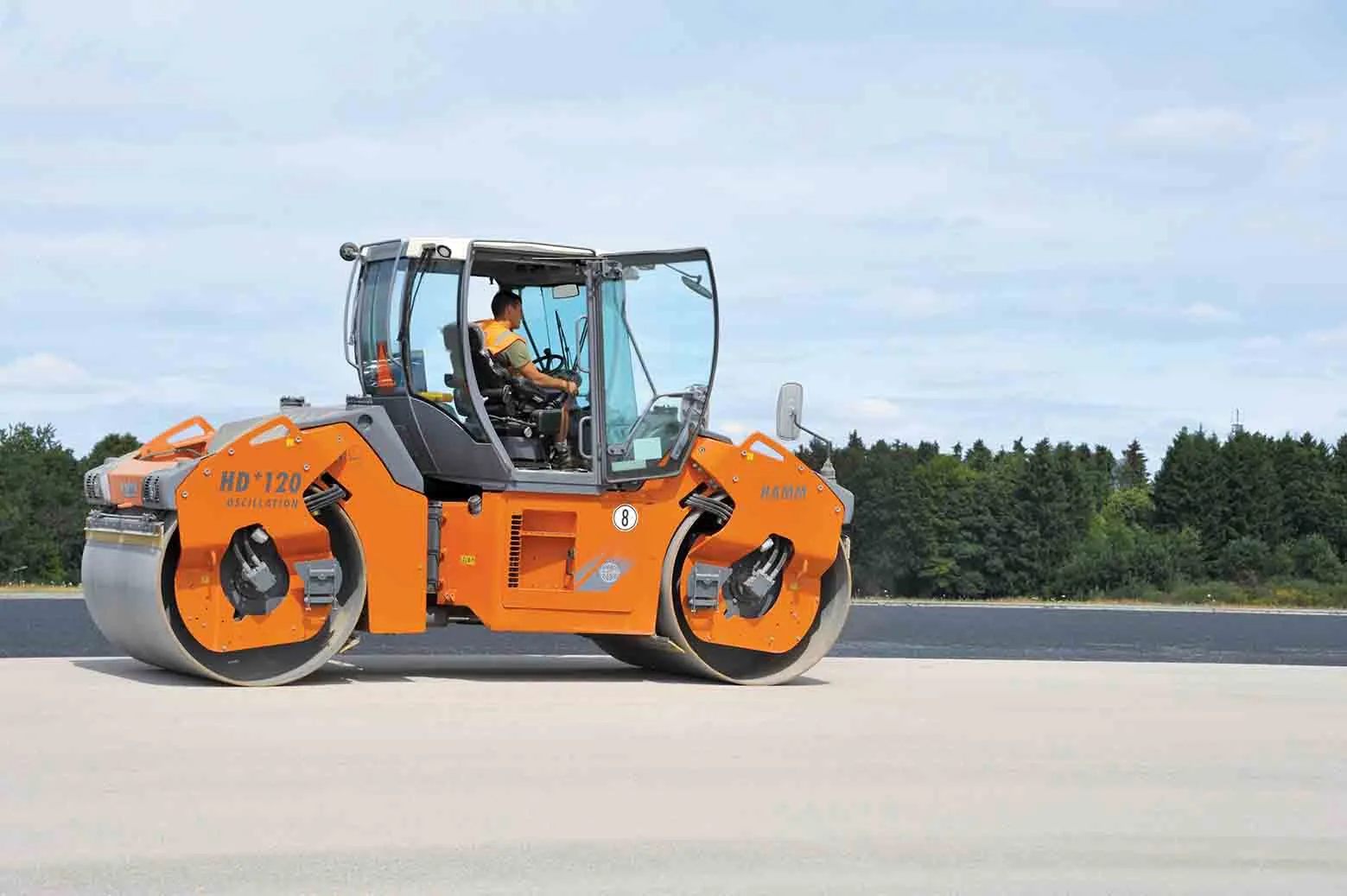BOMAG has developed a novel system for reducing dust levels around its milling machines. Called the Ion Dust Shield, this patented system uses ionisation to positively charge dust particles from milled cuttings. The firm says that current dust extraction technology for milling machines focuses on minimising dust levels around the operator. These ensure that the working area is kept free from dust, with this retrieved material then being exhausted to the discharge conveyor, typically at a height of around 5m
November 28, 2018
Read time: 2 mins

However, the problem with this method according to BOMAG is that micro particles can end up hanging in the air around the machine, taking several hours to fall back to the ground. And it is these micro particles that provide a hazard to human health with a potential for causing lung or heart damage once they enter the body. But by ensuring that the micro particles are positively charged, BOMAG’s Ion Dust Shield ensures that the micro particles stick together so that they are larger and do not hang in the air. Moreover, as the particles are larger they also will not enter the lungs or heart.
According to BOMAG, this patented system reduces dust by 80%. Any dust settling on the machine can be simply washed off at the end of a shift as the particles will remain stuck together. A spokesperson for the firm said, “This is not a filter, so there’s no need to dispose of a contaminated component.” The spokesperson continued, “We have a system that converts dangerous micro particles into non dangerous large particles.”
The system is being introduced first on the firm’s smaller milling machines as these are typically used for operations in urban locations, where there may be concerns about dust.









